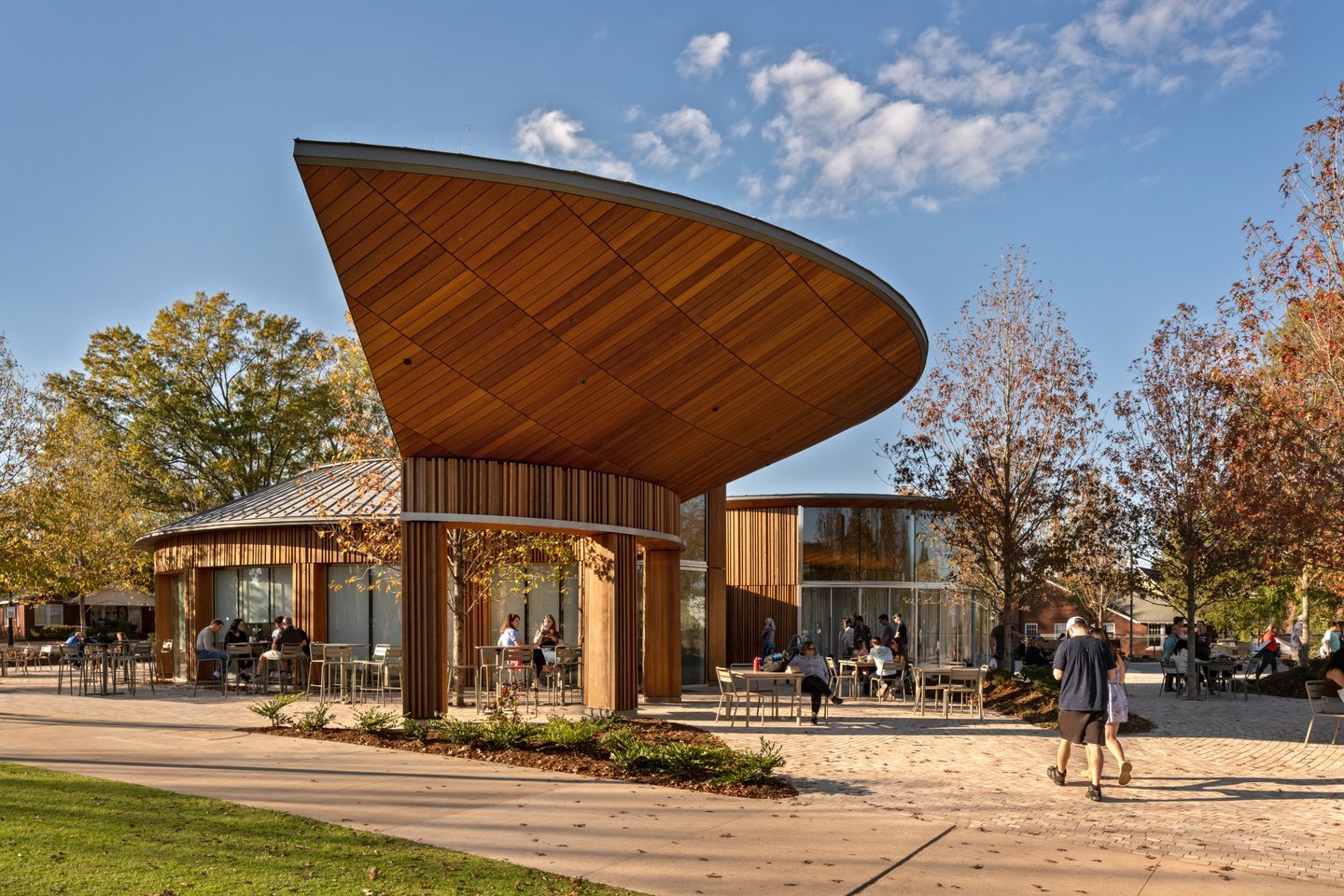Wake County, North Carolina, boasts a vibrant community with diverse cities catering to different lifestyles. Whether you crave a bustling downtown or a peaceful suburban haven, Wake County has something for everyone. Let’s explore all twelve cities and weigh their pros and cons:
Raleigh: The Bustling Capital
- Population: 508,000
- Pros: Thriving job market, diverse cultural offerings, excellent restaurants, exciting nightlife, major sporting teams (Carolina Hurricanes, NC State Wolfpack).
- Cons: Higher cost of living, traffic congestion, less close-knit community feel compared to suburbs.
Cary: The Family-Friendly Haven
- Population: 173,800
- Pros: Excellent public schools (Cary Academy, for example), safe neighborhoods, abundant parks and green spaces (Hemlock Bluffs Nature Preserve), strong sense of community, family-oriented events (Cary Town Hall Movies on the Lawn).
- Cons: Limited nightlife, fewer cultural attractions compared to Raleigh, potential for cookie-cutter suburban feel.
Apex: Growing Charm
- Population: 58,200
- Pros: Rapidly developing with new shops and restaurants (Peak City Grill), excellent public schools (Apex High School), family-friendly atmosphere, convenient access to Raleigh.
- Cons: Limited historical charm, potential for traffic congestion due to growth.
Wake Forest: Historic Gem
- Population: 42,300
- Pros: Picturesque historic downtown (Wake Forest Historic District), thriving arts scene (E. Carroll Joyner Park), strong sense of community, proximity to Falls Lake for water recreation, high-quality schools (Wake Forest College).
- Cons: Limited job opportunities compared to Raleigh or Cary, potential for longer commutes depending on workplace.
Morrisville: Affordability with Potential
- Population: 32,900
- Pros: More affordable housing options compared to other Wake County cities, growing job market (due to proximity to Research Triangle Park – RTP), convenient access to Raleigh.
- Cons: Less developed downtown area, fewer cultural attractions.
Fuquay-Varina: Small Town Serenity
- Population: 26,100
- Pros: Charming historic downtown, strong sense of community, tight-knit neighborhoods, proximity to Harris Lake for outdoor activities, growing selection of local shops and restaurants.
- Cons: Limited job market, fewer entertainment options compared to larger cities, longer commutes to Raleigh or Durham.
Garner: Industrial Roots, Modern Appeal
- Population: 32,300
- Pros: Affordable housing options, revitalized downtown with breweries and restaurants, close proximity to Raleigh and RTP, family-friendly events (Lake Benson Park fireworks).
- Cons: Some areas with industrial influence, potential for traffic congestion, fewer cultural attractions compared to other cities.
Holly Springs:**** Suburban Comfort with Character
- Population: 40,700
- Pros: Excellent public schools (Holly Springs High School), family-oriented neighborhoods, parks and green spaces (Bass Lake Park), convenient access to Raleigh.
- Cons: Limited nightlife and cultural attractions, potential for longer commutes depending on workplace.
Knightdale: Small Town with Big Potential
- Population: 17,400
- Pros: Affordable housing options, historic downtown with revitalization efforts, strong sense of community, close proximity to Raleigh, Knightdale Station Park offers green space and activities.
- Cons: Limited job market and cultural attractions, potential for traffic congestion on main roads.
Rolesville:** Quiet Community, Big-City Access
- Population: 6,800
- Pros: Affordable housing options, peaceful atmosphere, close proximity to Raleigh and Wake Forest, potential for slower pace of life.
- Cons: Limited amenities and entertainment options, longer commutes to major job centers.
Wendell:** Historic Charm and Southern Hospitality
- Population: 10,400
- Pros: Small-town feel with historic charm, friendly community atmosphere, close proximity to Raleigh, affordable housing options.
- Cons: Limited job market and cultural attractions, longer commutes depending on workplace.
Zebulon:** Rural Setting with Suburban Convenience
- Population: 6,200
- Pros: Affordable housing options, rural atmosphere with farmland, close proximity to Wake Forest and Raleigh, potential for slower pace of life.
- Cons: Limited job market and cultural attractions, longer commutes for many jobs.



